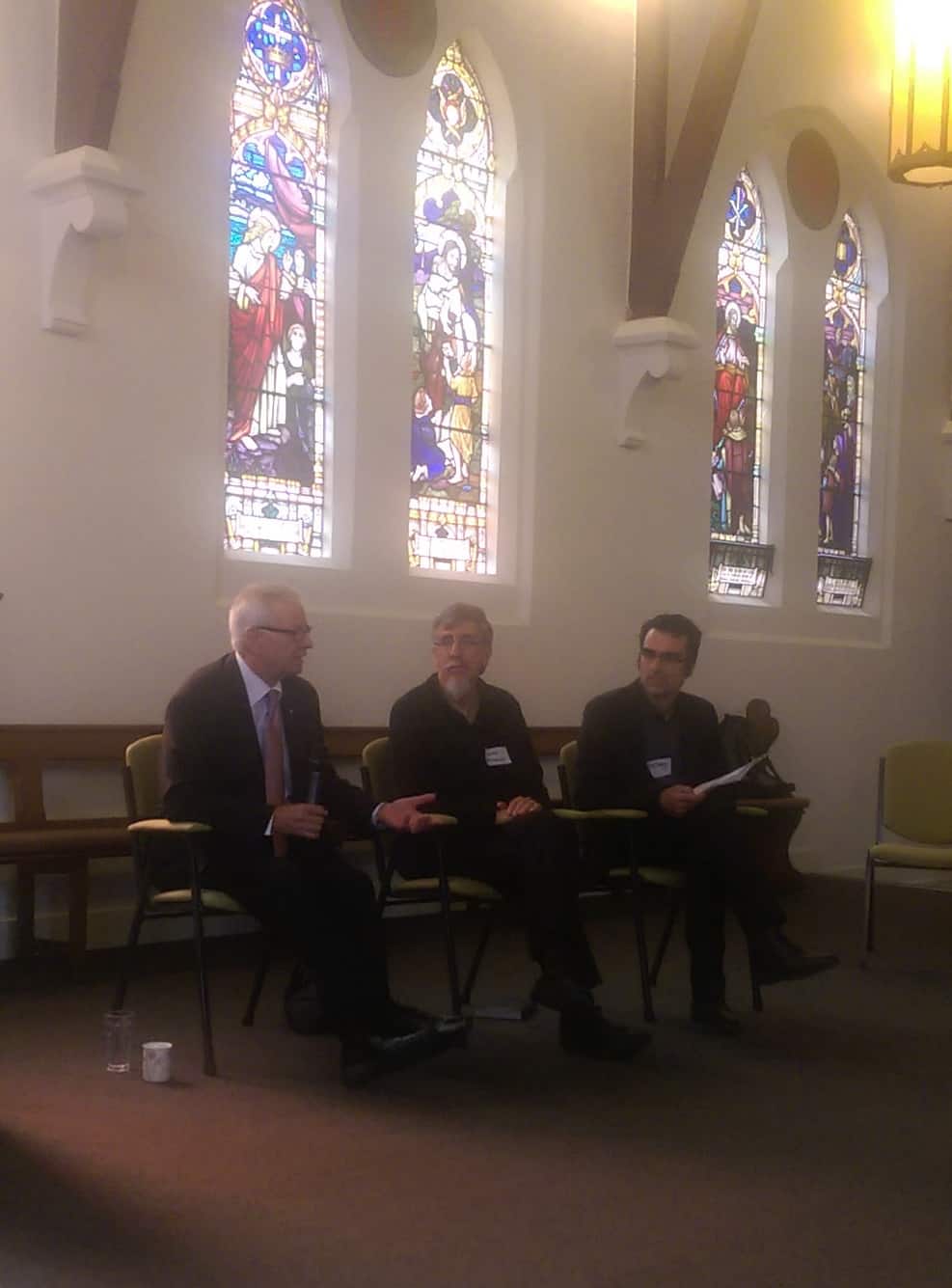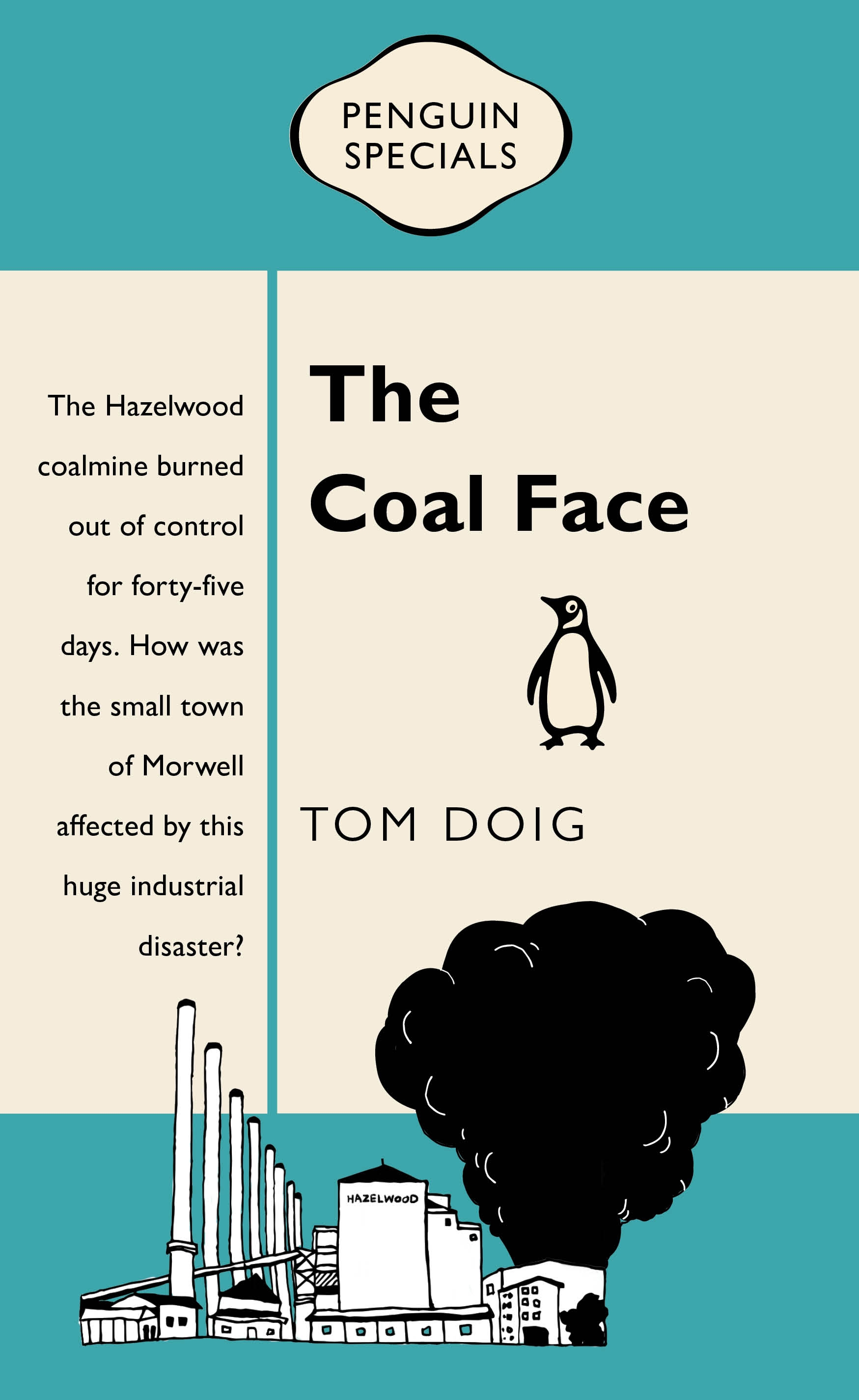Over the last few months some in Australia’s trade union movement have renewed calls for the introduction of industrial manslaughter laws in various jurisdictions. The issue has appeared both on television and online.
Curiously the Australian Council of Trade Unions (ACTU) seems to have dropped the “industrial manslaughter” terminology it has used in the past. In a 28 April 2015 media release, the ACTU stated:
““Strengthening OHS laws to make negligent companies and individual directors liable sends a clear message to employers that they must ensure people are safe at work.”
and
“Current laws need to be strengthened so that companies and company directors are liable for our safety at work.”
It seems that the charge has been left to the South Australian Greens Parliamentarian,

 On 7 May 2015,
On 7 May 2015, 